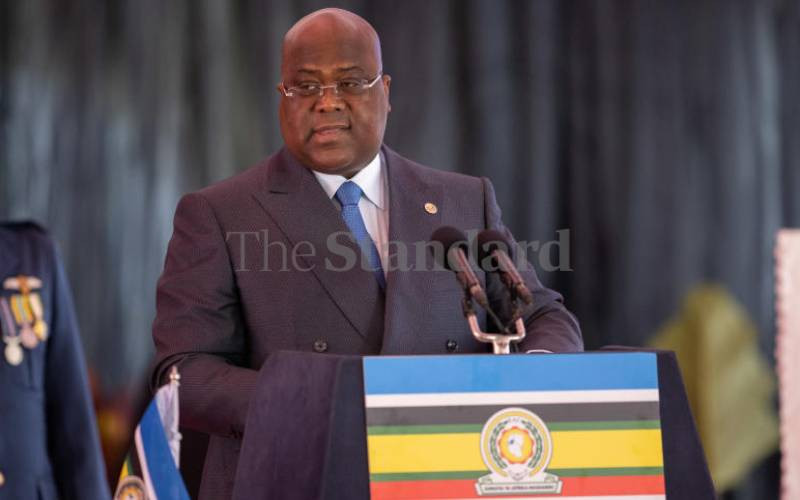×
The Standard e-Paper
Stay Informed, Even Offline

Escalating violence in eastern DRC has displaced at least 150,000 people, more than half of them children, aid groups say.
According to Al Jazeera, aid organisations have again sounded the alarm over the impact of escalating violence in eastern DRC, where fresh fighting erupted on February 7.